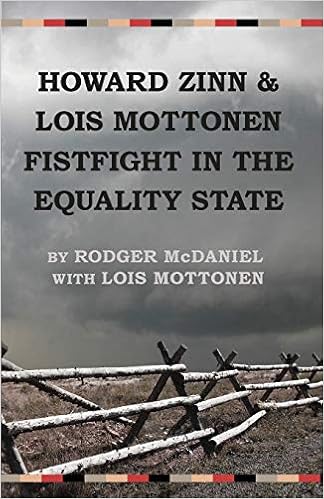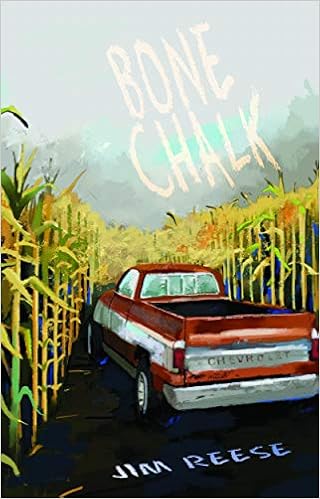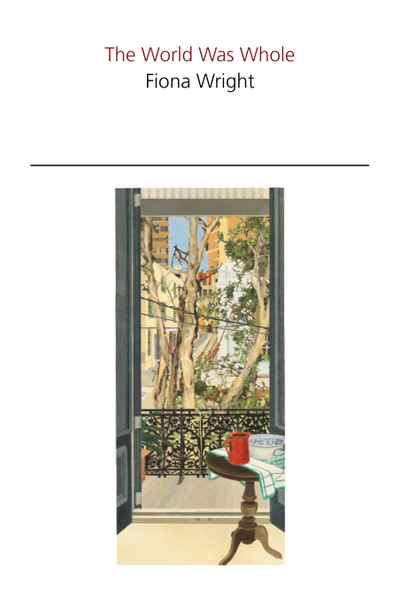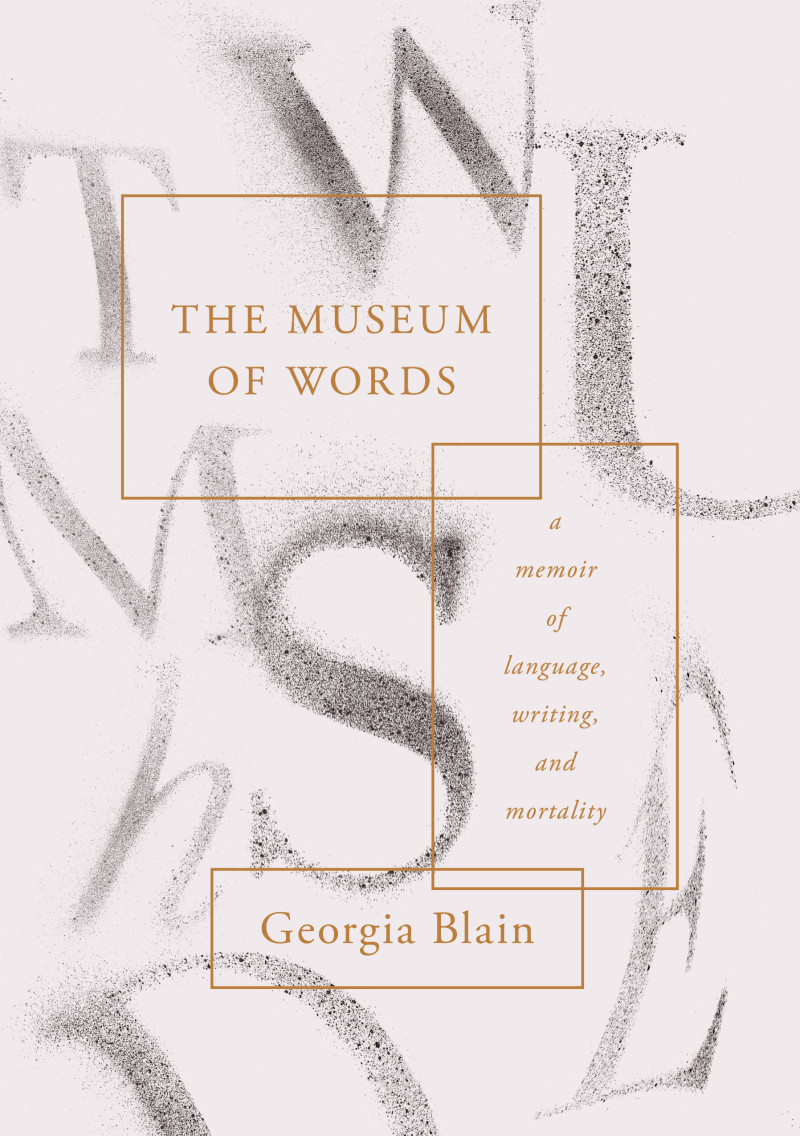 Nina Wingard Freese was a retired special education teacher of autistic students who died as a result of ALS – Lou Gehrig’s disease. Contemplative and enhanced with photographs, the book presents Nina as a little girl and again several more times as she is growing up and as a young mother and then as a handsome, mature woman.
Nina Wingard Freese was a retired special education teacher of autistic students who died as a result of ALS – Lou Gehrig’s disease. Contemplative and enhanced with photographs, the book presents Nina as a little girl and again several more times as she is growing up and as a young mother and then as a handsome, mature woman.
Category: Memoir
A review of Howard Zinn & Lois Mottonen Fistfight in the Equality State by Rodger McDaniel
 Having lived in Wyoming for the past four years, reading it was verification for what I see, experience, and find problems with, constantly. I have often thought that Wyoming’s undeserving motto is a farce in comparison with its laws, policies, priorities, and politicians. And here was a Wyoming woman who lived, captured, and published the cruel reality of being a minority in this state with so much detail, accuracy, and innocence.
Having lived in Wyoming for the past four years, reading it was verification for what I see, experience, and find problems with, constantly. I have often thought that Wyoming’s undeserving motto is a farce in comparison with its laws, policies, priorities, and politicians. And here was a Wyoming woman who lived, captured, and published the cruel reality of being a minority in this state with so much detail, accuracy, and innocence.
A review of Bone Chalk by Jim Reese
 Whether serious or silly, Reese’s prose reads like poetry. He says more in a paragraph than most authors achieve over several pages. The final chapters are the shortest and most personal vignettes featuring his wife, daughters and co-workers. Reese finds the profound in everyday, parochial life in Bone Chalk.
Whether serious or silly, Reese’s prose reads like poetry. He says more in a paragraph than most authors achieve over several pages. The final chapters are the shortest and most personal vignettes featuring his wife, daughters and co-workers. Reese finds the profound in everyday, parochial life in Bone Chalk.
A review of Little One by Peter Papathanasiou
 There is a great warmth and sincerity embedded within this memoir, mixed in with gentle humour, discussions of complex research on genetics, birth, death, siblings, parents, family, Greek culture, love. The genesis of the story arises from a secret, one of the biggest secrets a person can have revealed to them, that of their true origins.
There is a great warmth and sincerity embedded within this memoir, mixed in with gentle humour, discussions of complex research on genetics, birth, death, siblings, parents, family, Greek culture, love. The genesis of the story arises from a secret, one of the biggest secrets a person can have revealed to them, that of their true origins.
A review of Year of the Monkey by Patti Smith
 Not many writers could pull off such a diffuse structure but Smith does it beautifully, using her poetic vernacular and pulling the reader in so tightly, we begin to think and perceive in Smith’s fragmentary, hallucinogenic way. The result is strangely exhilarating.
Not many writers could pull off such a diffuse structure but Smith does it beautifully, using her poetic vernacular and pulling the reader in so tightly, we begin to think and perceive in Smith’s fragmentary, hallucinogenic way. The result is strangely exhilarating.
A review of Active Labour: Memoirs of a Working-Class Doctor by Percy Rogers
 This is an eloquent and delightful book to read, and is rich with compassion, humour, and experience. Percy Rogers is careful not to use jargon and explains medical disease and treatment and procedures simply and clearly.
This is an eloquent and delightful book to read, and is rich with compassion, humour, and experience. Percy Rogers is careful not to use jargon and explains medical disease and treatment and procedures simply and clearly.
A review of not a poster child: living well with a disability by Francine Falk-Allen
 In her evocative memoir, not a poster child, Francine Falk-Allen achieves her goal of describing life well-lived while handicapped. In so doing, she fulfills another goal: to honor all handicapped individuals. What results is a remarkable story told in an easily accessible and conversational manner with intelligence, wit, and grace.
In her evocative memoir, not a poster child, Francine Falk-Allen achieves her goal of describing life well-lived while handicapped. In so doing, she fulfills another goal: to honor all handicapped individuals. What results is a remarkable story told in an easily accessible and conversational manner with intelligence, wit, and grace.
A review of The World Was Whole by Fiona Wright
 There is so much about the human condition that is illuminated here in these beautifully written pieces. Wright takes the painful, the personal and the often unbearable frailty of life, and expands it so that the work becomes a celebration of being alive, of human resilience and of the beauty of the everyday.
There is so much about the human condition that is illuminated here in these beautifully written pieces. Wright takes the painful, the personal and the often unbearable frailty of life, and expands it so that the work becomes a celebration of being alive, of human resilience and of the beauty of the everyday.
A review of All The Answers by Michael Kupperman
 As dementia begins to rob an already private and absentminded man of his memories, Michael becomes set on reconstructing his father’s childhood from recordings, news articles, and his father’s own accounts, in a journey to understand what had crafted his father into the man he is, and how that has formed Michael himself.
As dementia begins to rob an already private and absentminded man of his memories, Michael becomes set on reconstructing his father’s childhood from recordings, news articles, and his father’s own accounts, in a journey to understand what had crafted his father into the man he is, and how that has formed Michael himself.
A review of The Museum of Words by Georgia Blain
 The Museum of Words is a story about language and how it’s able to move between and beyond the constriction of time. At one point, Blain talks about the light coming in – a dawning awareness of the privilege of life. In this The Museum of Words is a universal story which encompasses all of our frailty and impending demise and encourages all of us to be grateful for the little time we have.
The Museum of Words is a story about language and how it’s able to move between and beyond the constriction of time. At one point, Blain talks about the light coming in – a dawning awareness of the privilege of life. In this The Museum of Words is a universal story which encompasses all of our frailty and impending demise and encourages all of us to be grateful for the little time we have.